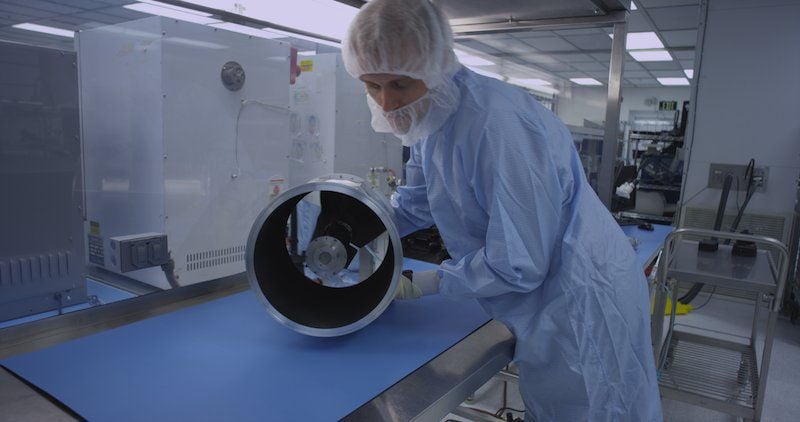The region and county’s largest private employer, Raytheon Missile Systems, is planning a major local expansion that could bring nearly 2,000 jobs at high average salaries, two county officials confirmed to the Star on Tuesday.
County Administrator Chuck Huckelberry previously provided the Star with a list of eight unnamed employers seriously considering expanding or locating in Pima County, including an estimated number of positions, business type and average salaries.
The two officials confirmed that Raytheon, described in the list as an “engineering/manufacturing” business with an estimated 1,975 new jobs at an average salary of $110,000, is the largest of the group. All eight employers on the list could bring a total of more than 3,500 jobs to the area.
The remaining estimated 1,568 jobs on the county’s list have an average salary of about $57,000, according to a Star analysis. The median household income in Pima County was about $46,000 in 2014, according to the most recent estimates by the U.S. Census Bureau.
John Moffatt, county economic development director, previously told the Star that public announcements for roughly half of the eight employers were expected by the end of year, including the firm now identified by other officials as Raytheon.
One of the officials told the Star that the expansion is due to the county’s $6 million purchase of 382 acres of land near Raytheon in 2012 to provide a buffer for the company. “The buffer makes the deal possible,” the official said.
The potential expansion would be a major boon to Tucson’s economy, but officials familiar with the discussions contacted by the Star said it was too early in negotiations to make details public. Huckelberry declined to confirm or comment on the possibility of a Raytheon expansion here.
He and Moffatt have previously said they are prevented from discussing details of such deals by confidentiality agreements.
Raytheon did not comment specifically on the reported jobs expansion.
“Raytheon is always positioning itself for growth,” Missile Systems spokesman John Patterson said in a prepared statement. “As we continue to win new business, we will evaluate expansion opportunities in Tucson and at other company sites, and staff accordingly to execute on our contracts.”
Raytheon Missile Systems, one of four business units of Massachusetts-based defense electronics giant Raytheon Co., is the nation’s biggest missile maker with products including the Navy’s Tomahawk cruise missile, the Standard Missile series of ship-defense and ballistic-missile interceptors, and Sidewinder and AMRAAM air-to-air missiles.
Raytheon is Southern Arizona’s largest employer with about 9,600 full-time-equivalent employees at the start of the year, according to the annual Star 200 survey of the region’s biggest employers.
The company has major manufacturing operations at its headquarters site adjacent to Tucson International Airport and at the UA Tech Park on South Rita Road.
Raytheon’s local employment has been relatively flat in recent years, and in 2010 the company passed over Tucson and picked Huntsville, Alabama, as the site of a new missile plant, largely because of a lack of expansion space in Tucson.
Since then, Pima County, the city of Tucson and the Tucson Airport Authority have worked to create more space by creating the buffer to the south of Raytheon’s airport plant and rerouting a major access road.
South of the new Aerospace Parkway, the county is developing an aerospace business corridor and already is building a facility for World View Enterprises, a high-altitude balloon launch company, and a spaceport on the site.
At an event in August, Raytheon Missile Systems President Taylor Lawrence said the company is looking to expand as it expects to start full-rate production of the latest version of the Standard Missile-3 interceptor, and production of the related SM-6 is expected to increase.
Development and component production of the two missiles are based in Tucson, while final assembly takes place in Huntsville.
Lawrence also cited expected production of U.S. versions of missile interceptors stemming from a missile-defense system co-developed with Israel’s Rafael Advanced Defense Systems.
In August, Raytheon said it was finalizing an agreement with Norwegian defense contractor Kongsberg to produce co-developed air-defense missiles in the U.S.
Production of Kongsberg’s Naval Strike Missile, including final assembly, system integration and testing, would take place at Raytheon’s Tucson missile plants, Lawrence said at the Farnborough International Airshow near London.





